Tag: Futures
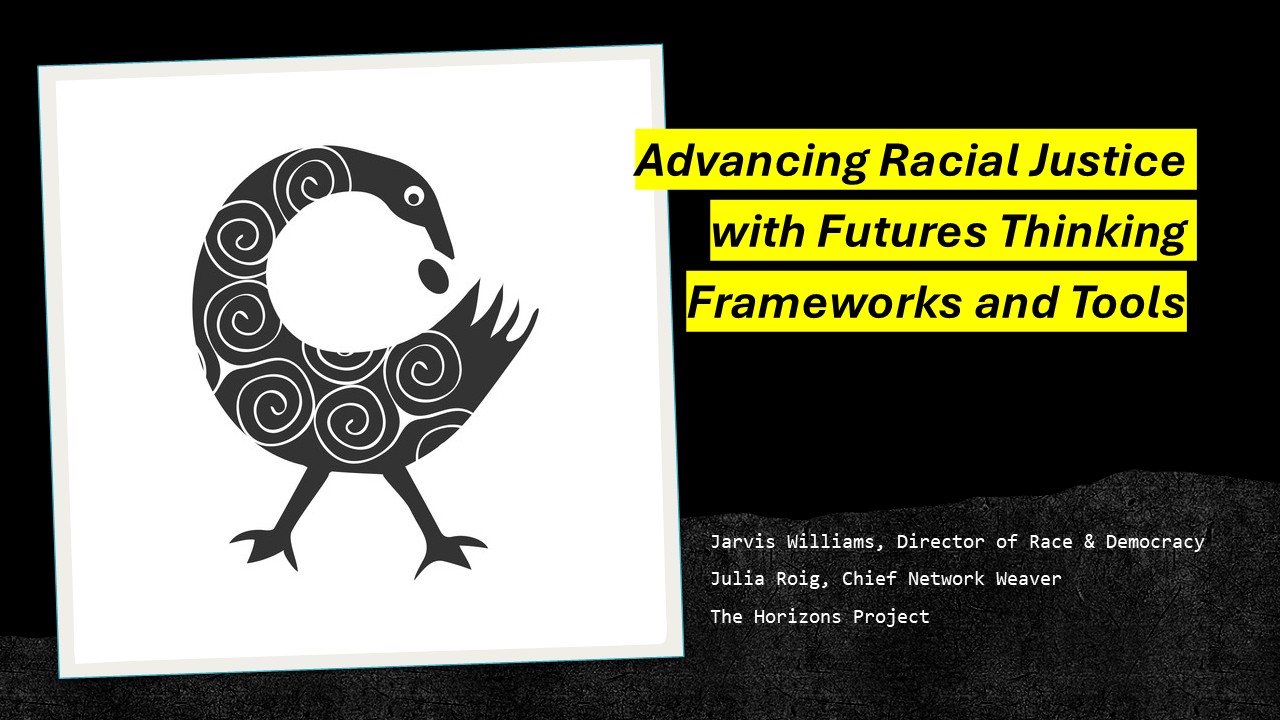
Advancing Racial Justice With Futures Thinking and Approaches
*This article was written by Director for Race and Democracy Jarvis Williams. The future of racial justice work is fraught with challenges in this moment. Therefore, Horizons’ Chief Network Weaver,...
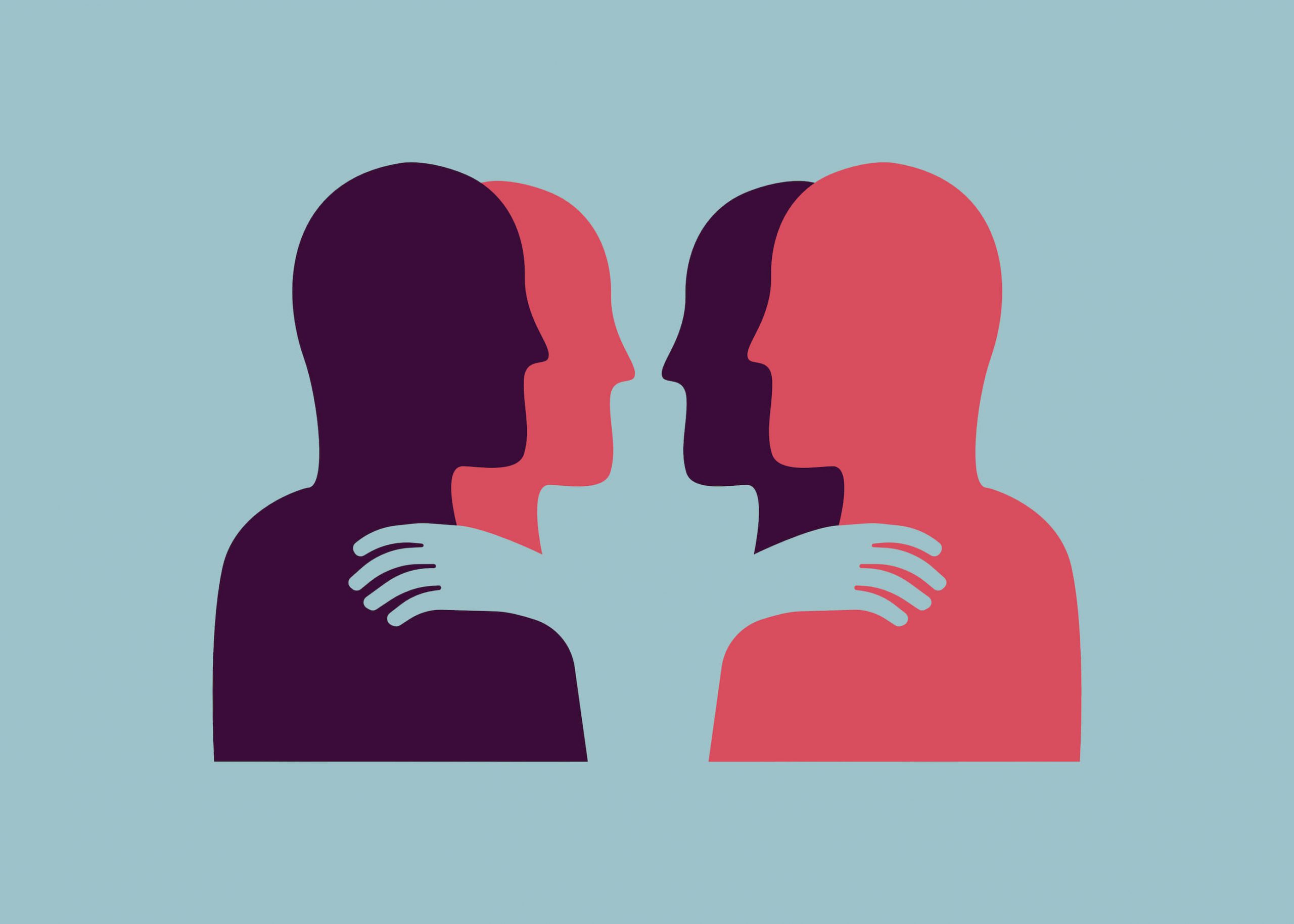
Trauma Healing
Unaddressed traumas pose significant challenges to building a healthy democratic society, exacerbating intra-group and inter-group conflicts and making it difficult to find common cause. Healing individual and group traumas is...
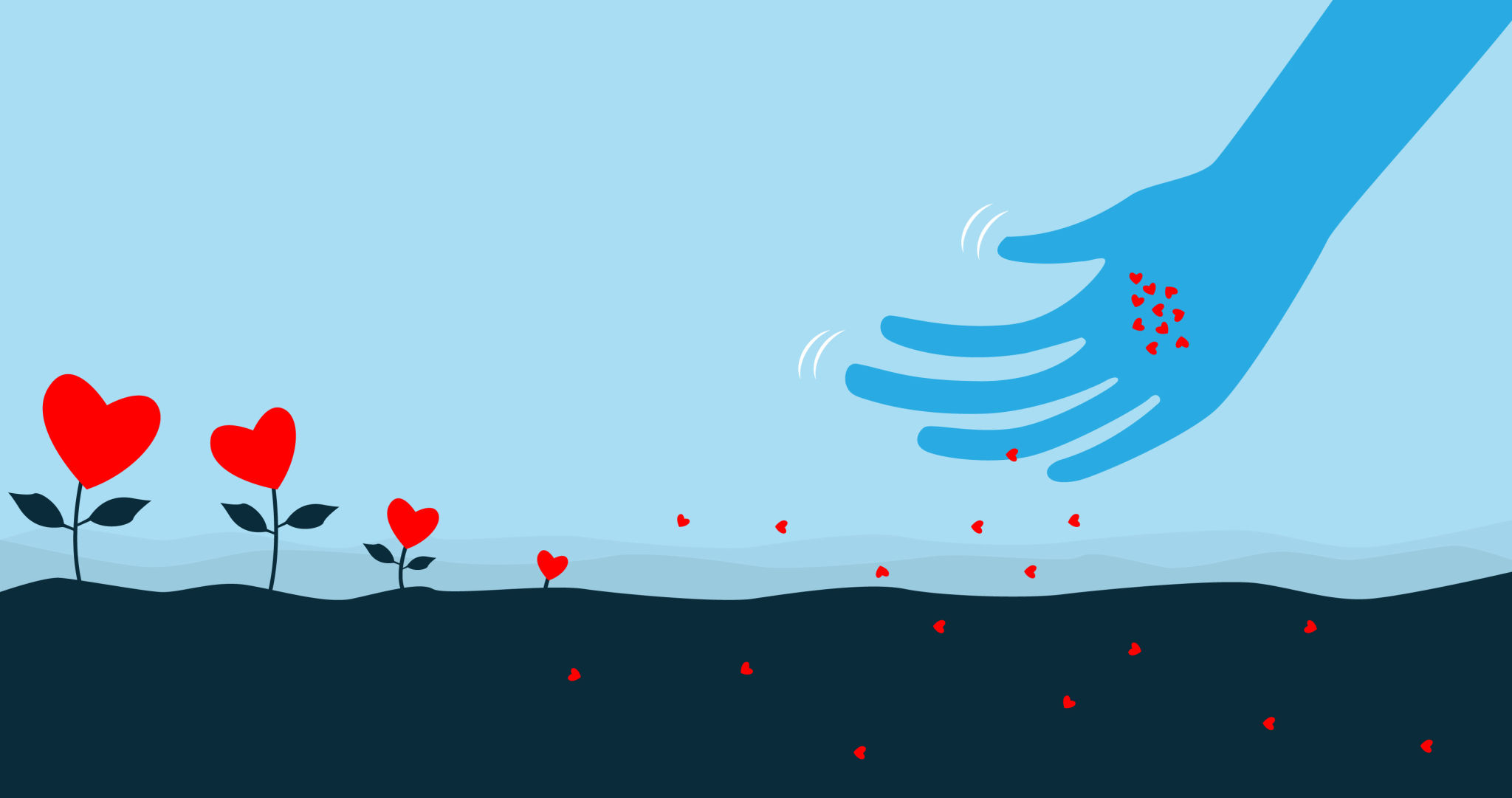
Restorative Movement Building
What does it mean to challenge injustices and address societal harms in ways that strengthen social bonds and encourage longer-term healing? Restorative Movement Building is at the nexus of social...

THE HORIZONS PROJECT’S TOP INSIGHTS & LEARNINGS FROM 2022
Since our official launch in January of 2022, the Horizons’ team has spent the bulk of our time building relationships with the many inspiring organizers, network leaders, researchers, and funders...
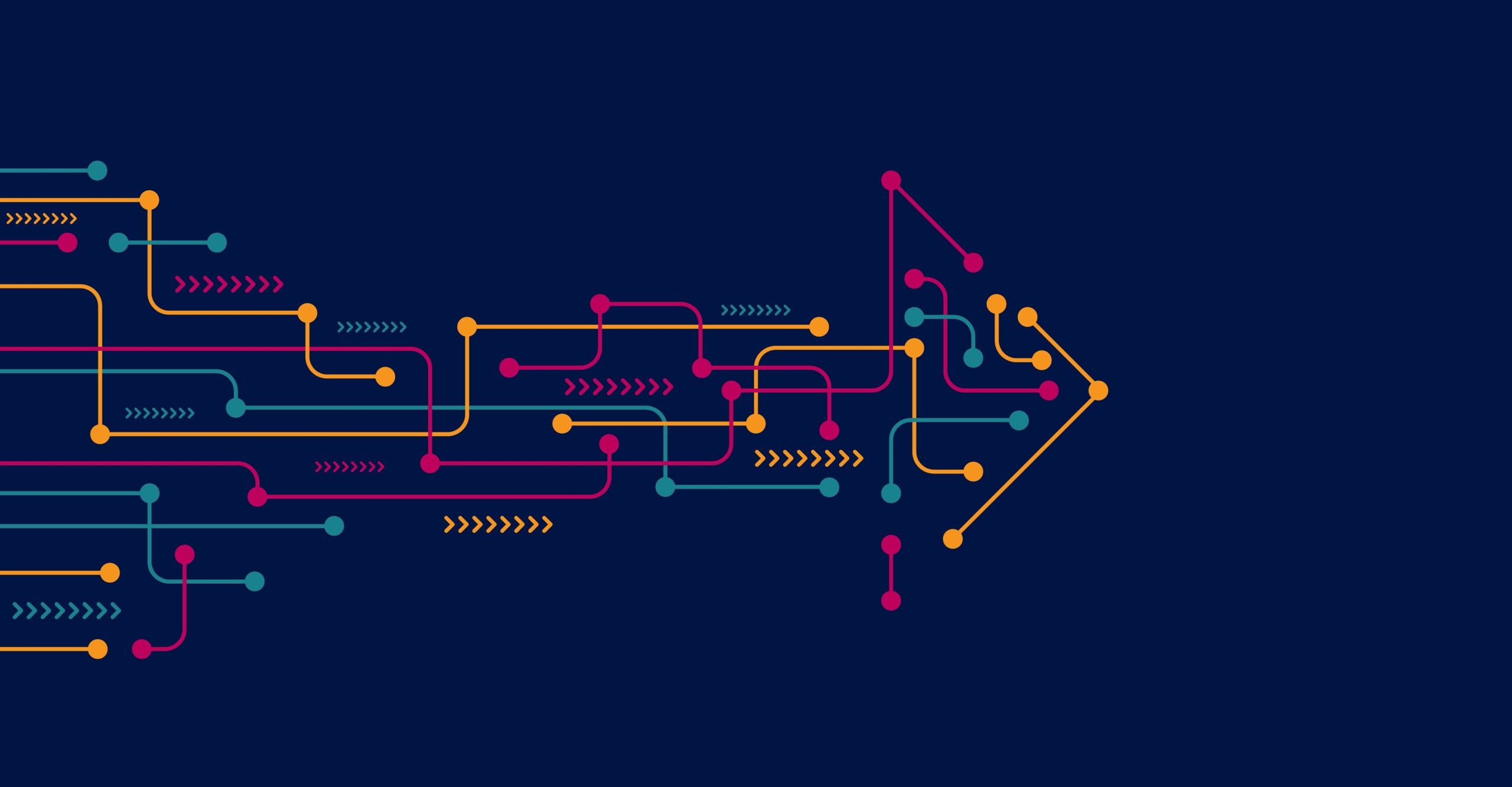
Bridge-Building and Power-Building: An Ecosystem Approach to Social Change
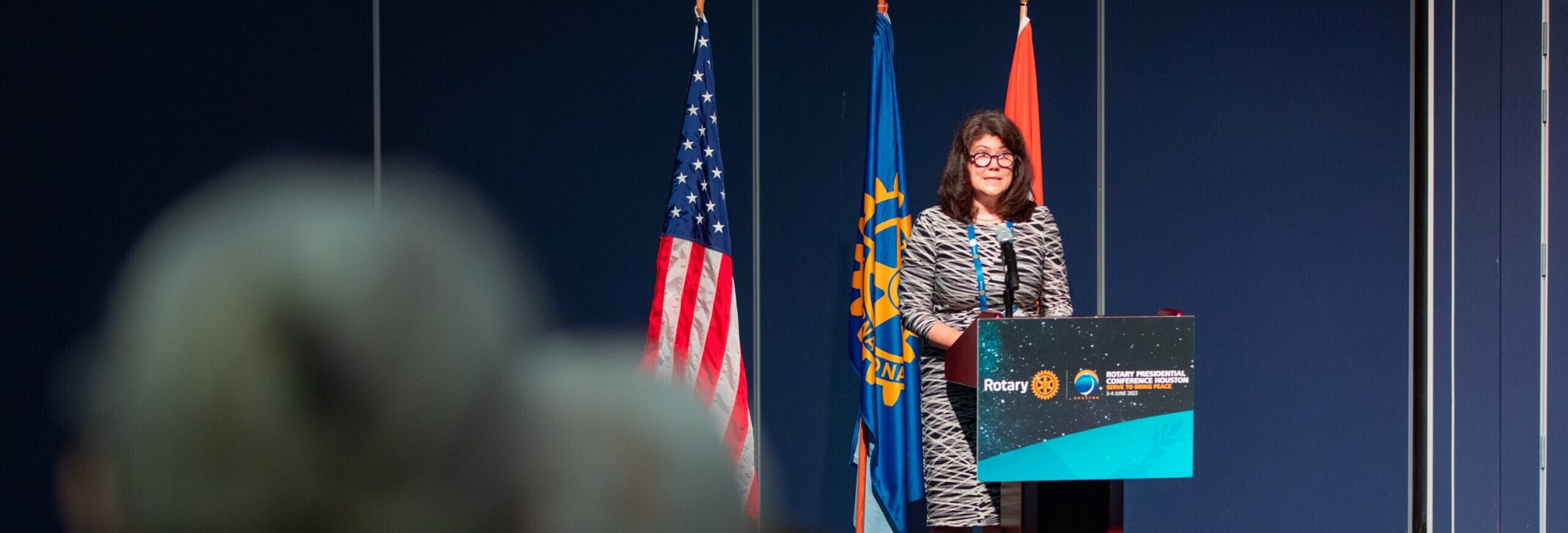
Rethinking “Polarization” as the Problem
On June 6, 2022 Horizons’ Chief Network Weaver Julia Roig, shared the main stage at Rotary’s 2022 Presidential Conference in Houston with Gary Slutkin, the founder of Cure Violence and Azim Khamisa, the founder...

Kicking Off the Horizons Project
We are thrilled to announce that in January 2022, The Horizons Project has launched under the auspices of our fiscal sponsor, the New Venture Fund. We are very grateful for the...
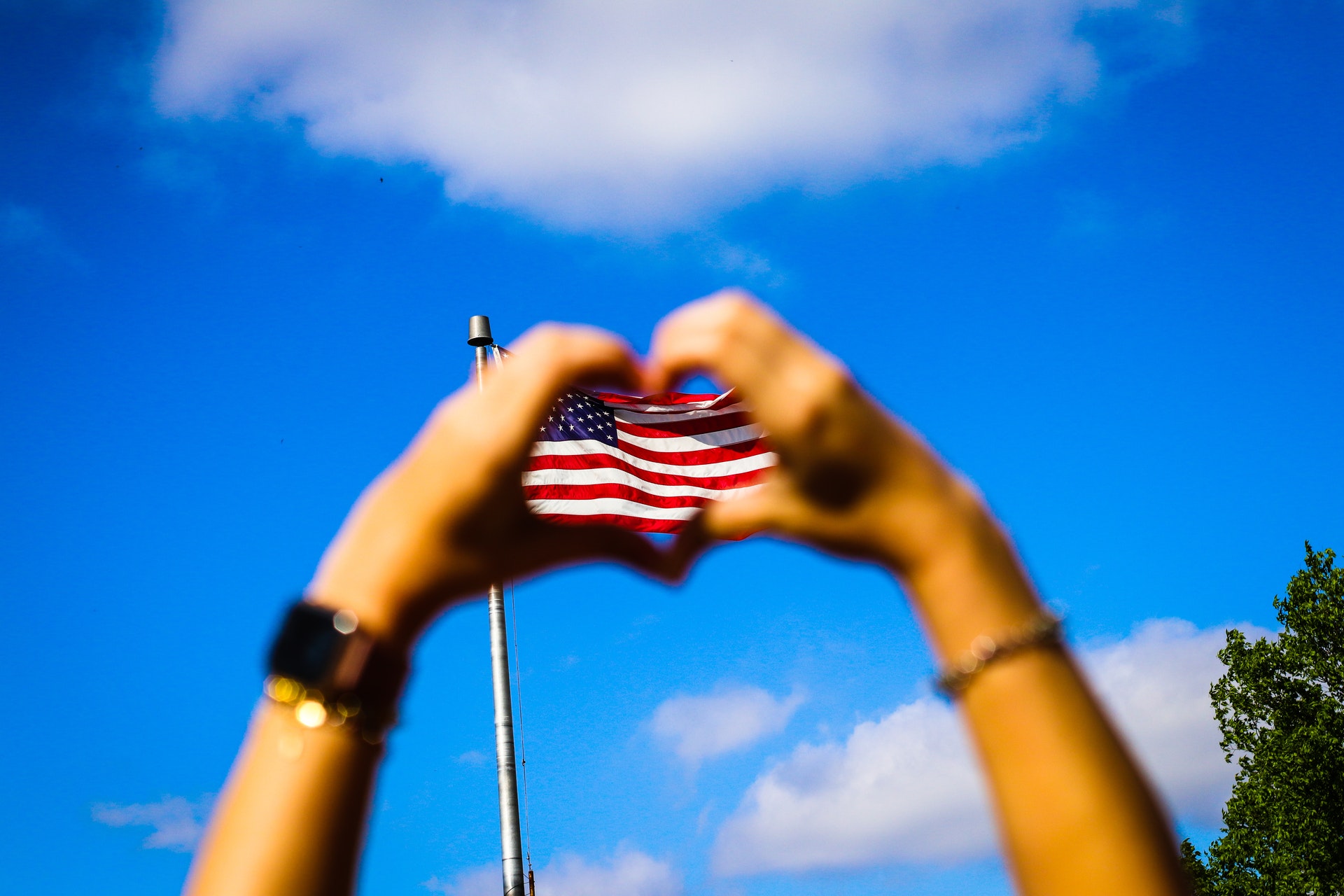
America’s Democracy Moment
*This article was written by Chief Organizer Maria J. Stephan and was first published on Just Security. As Americans prepare to celebrate Independence Day on July 4th, it is crucial...
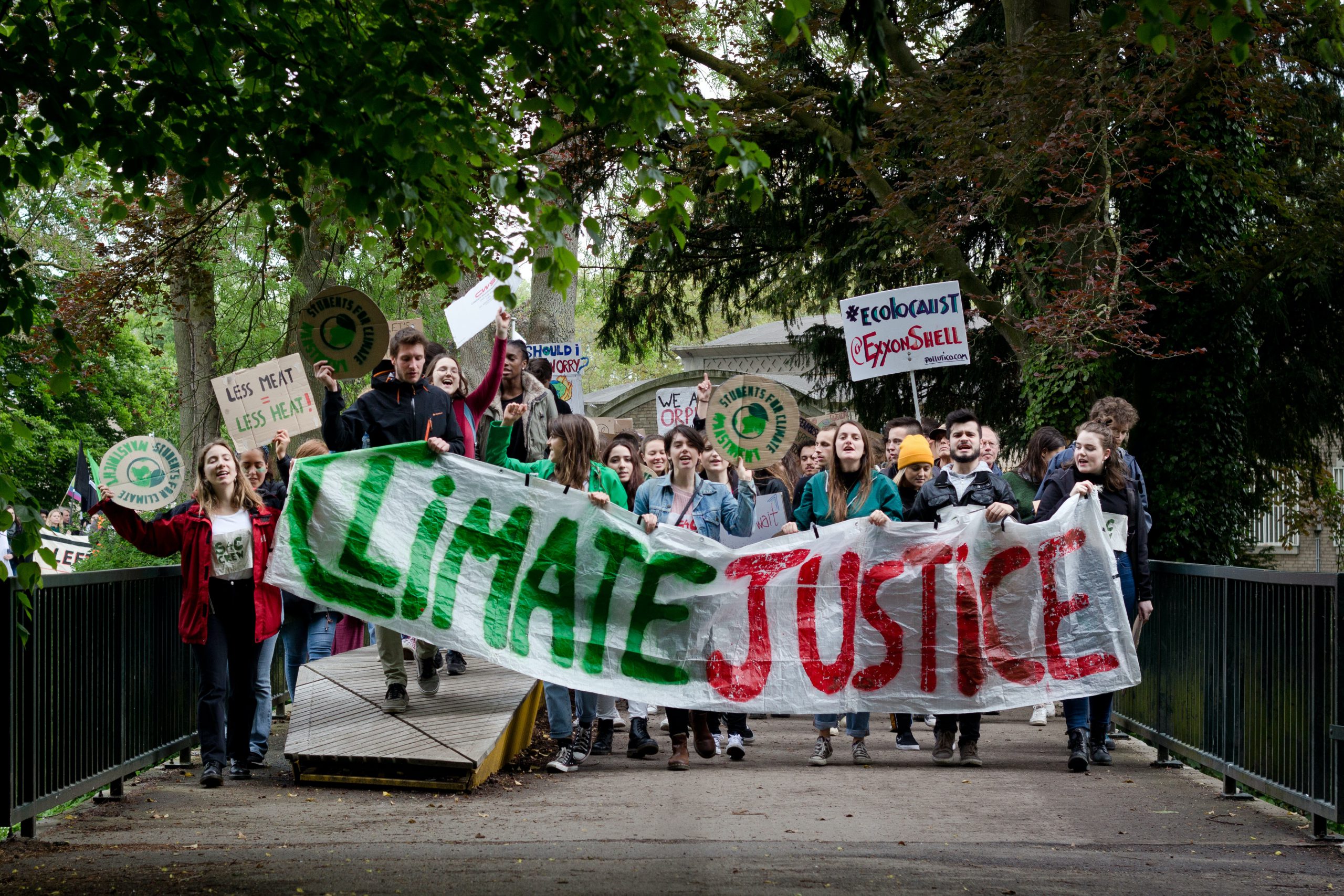
How Domestic Civic Movements Could Reshape US Foreign Policy
*This article was written by Chief Organizer Maria J. Stephan and was first published on Just Security. President Joe Biden’s early reversals of Trump policies have included at least three...
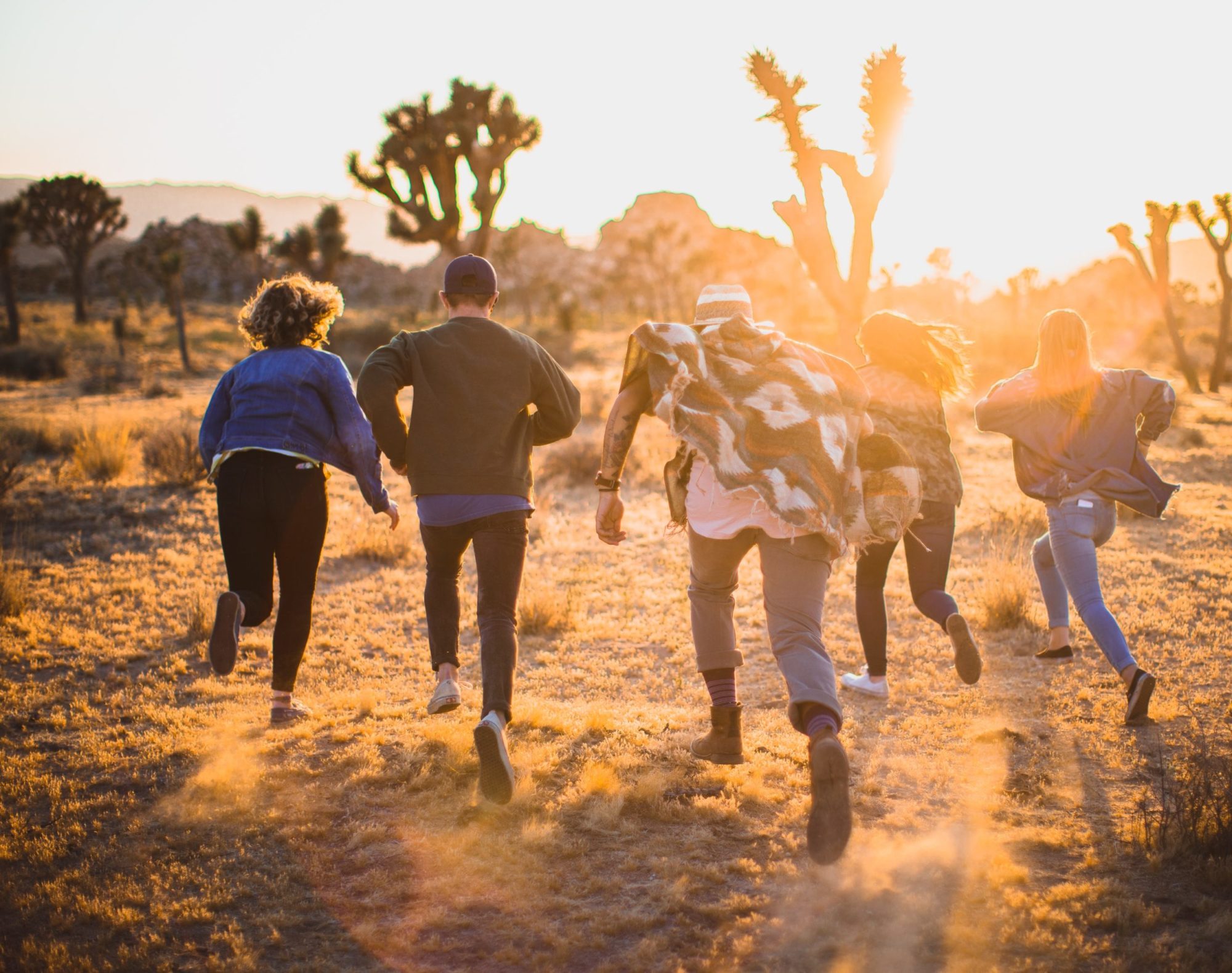
Seven Foreign Policy Issues to Watch In 2022
*This article contains contributions from Director of Partnerships and Outreach Tabatha Pilgrim-Thompson and was first published on InkStick. “We Didn’t Start the Fire” is a column in collaboration with Foreign Policy...
